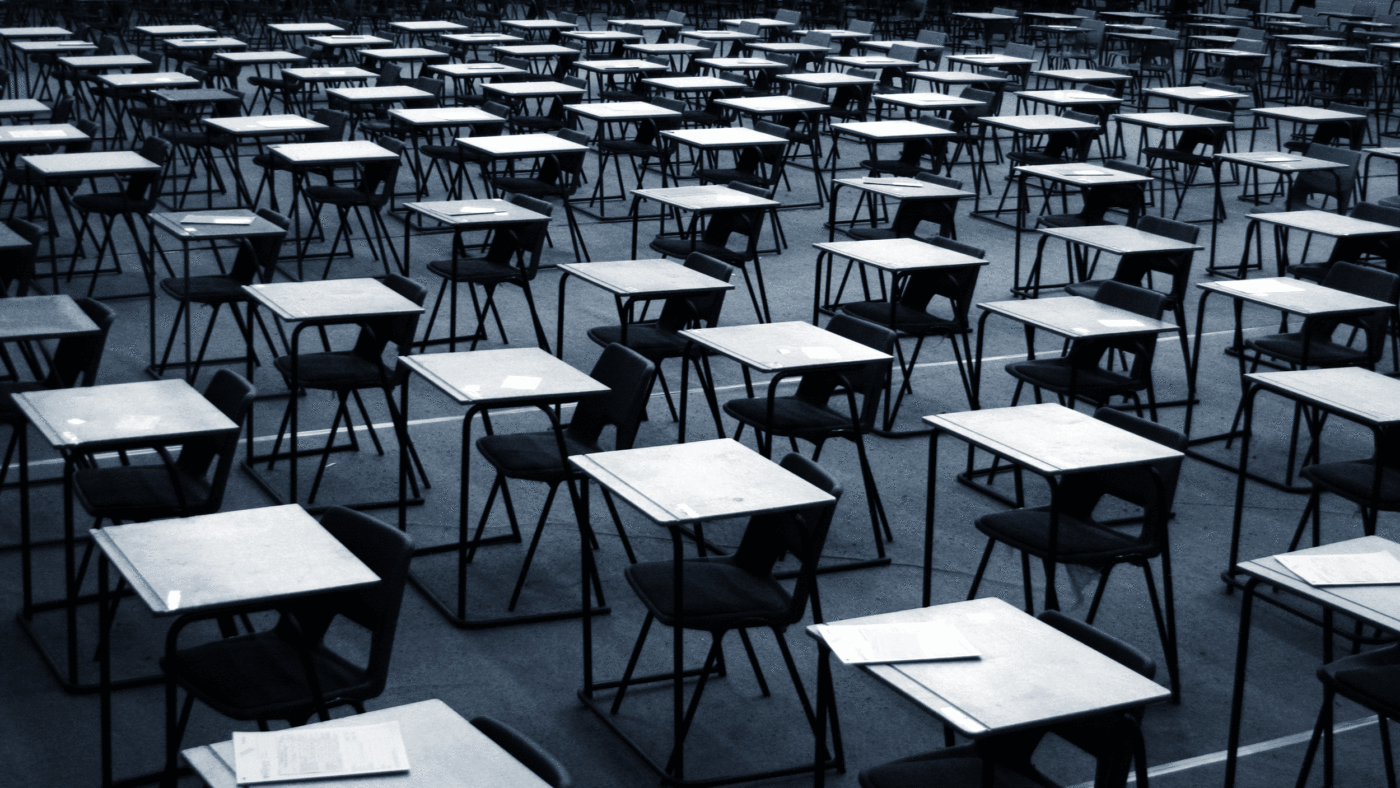Last year, Channel 4 broadcast a documentary entitled The School That Tried to End Racism, in which pupils were segregated by skin colour to ‘do the race work’ required of them by so-called ‘race experts’. It won a Bafta, rather than the public condemnation it deserved.
The lack of public or official criticism served as a green light for educator-activists already working within schools to up the ante and push for an actively anti-racist agenda. Being non-racist, the traditional default position, was no longer an option because it denied positions of structural power into which we are, allegedly, all born. To impose a belief without interrogation isn’t education, it’s indoctrination, and it should have no place in our schools and universities. Yet the attack on Kathleen Stock by the University and College Union for her views on transgender issues is the latest reminder of how organisations that are supposed to represent educators consistently fail to protect their members.
Stock is far from alone. At the University of Kent, Professor of Sociology Ellie Lee is at odds with her employers because she refuses to ‘decolonise’ her reading list or impose a training course on her students that endorses the concepts of white privilege and unconscious bias.
At Don’t Divide Us, a campaign to stop schools obsessing about racial identity, teachers and parents have been sending examples of materials and anecdotes that suggest schools too are succumbing to a radical change in cultural values. The results are educationally banal and ethically dubious. Parents have highlighted how some teachers have said things like ‘Perhaps you are starting to address your own white privilege‘ and ‘On a technical level, “white” is not a protected characteristic and so in a legal sense, there is not racism against white people,’ to children. Others have highlighted how pupils were asked to make a Black Lives Matter poster for their art homework, with examples including an image of a bloodied black power fist, a police station on fire and an image depicting a girl being shot in the head with a gun, whilst surrounded by racist slogans. These simplistic moralistic platitudes ignore the duty of schools to strive for impartiality in a broad, as well as strictly political, sense.
And this approach is being rolled out with the official endorsement of local councils, as well as unions. Brighton and Hove County Council, for example, under Deputy Leader Hannah Clare, has sanctioned a new schools anti-racist strategy based on critical race theory. Being ‘colour-blind’ – an approach to anti-racism that has informed significant legal and social progress in Britain – is apparently no longer sufficient. Never mind that most schoolchildren lack sufficient life experience and knowledge to understand the concept of racism as a distinct social and political category. But then it’s not just the children concerned, it is parents who are the real audience for these patronising messages.
As the new academic year progresses, no doubt administration departments at many universities will be compiling their submissions for Advance HE’s Race Equality Charter, a ‘framework through which institutions work to identify and self-reflect on institutional and cultural barriers standing in the way of Black, Asian and Minority Ethnic staff and students’. As our expert Academic’s group warned recently, they will be signing up to a system of monitoring and micro-managing campus relations which is based on an uncritical acceptance that Britain is a systematically racist society. It will further entrench the view that identities are fragile things which need protecting, lest they shatter at the slightest touch or offensive word. Such a culture is inimical to education – whether in universities or schools.
Schools need teachers who will push back and follow the lead of those brave individuals in academia who think that identity politics should stay out of education. But in the absence of vocal support from their unions, is it any wonder schoolteachers remain silent? To speak out, risks academic isolation and in some cases, police protection. The Government has a chance to protect academic freedom in the Higher Education (Free Speech) Bill and a soon-to-be published Schools White Paper. Failure to seize that chance will leave us all poorer.
Click here to subscribe to our daily briefing – the best pieces from CapX and across the web.
CapX depends on the generosity of its readers. If you value what we do, please consider making a donation.


